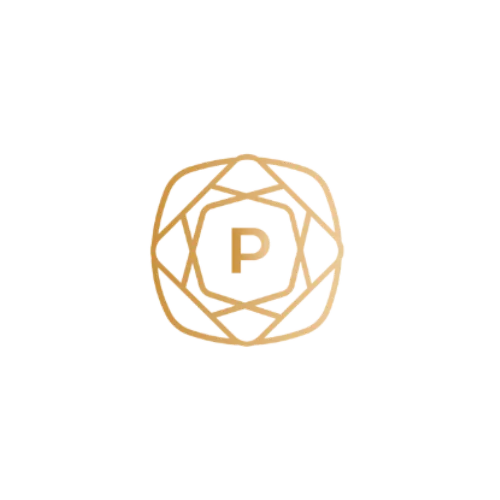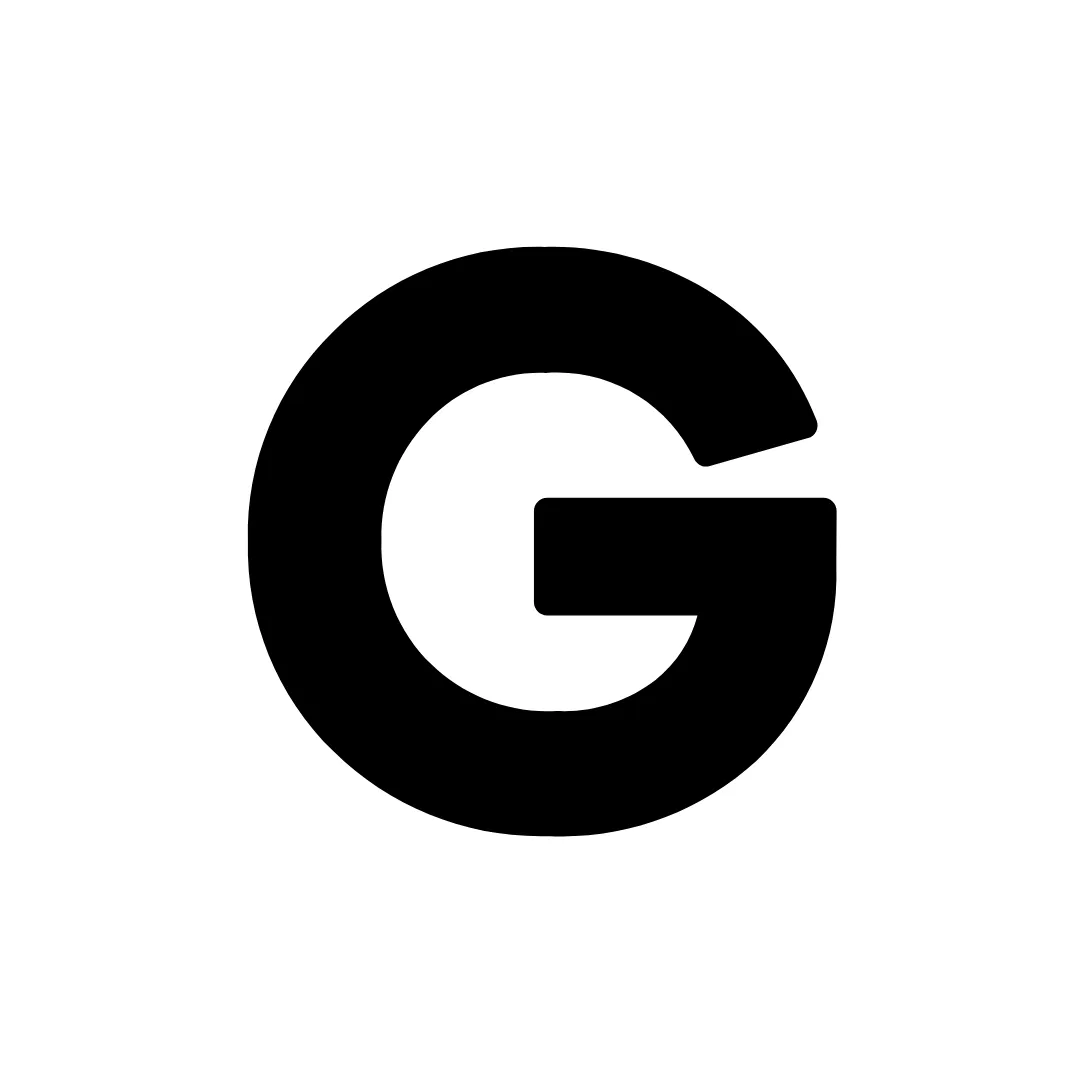EDUCATION

Muscle as Medicine: Why Building & Preserving Muscle is the Key to Aging Well
Muscle as Medicine: Why Building & Preserving Muscle is the Key to Aging Well
When most people think about staying healthy as they age, they think about diet, heart health, or blood pressure - but muscle is quickly becoming the unsung hero of longevity medicine. At Performance Medical Clinic, we take a proactive, science-backed approach to aging well and one of our biggest priorities is helping patients build and maintain muscle to extend both lifespan and healthspan (the number of years you live in good health).
Muscle Isn’t Just for Looks. It’s a Vital Organ of Longevity.
As we age, we naturally begin to lose muscle - a condition called sarcopenia. Starting around age 30, adults can lose up to 3-8% of muscle mass per decade. This loss accelerates after age 60 and is one of the leading drivers of weakness, falls, frailty, insulin resistance, and metabolic decline.
But here’s the good news: muscle loss is preventable and reversible with the right strategy.
Muscle acts as a:
Metabolic engine that helps regulate blood sugar and insulin
Reservoir of amino acids to support immunity, healing, and stress response
Protector against fat gain and inflammation
Driver of strength, mobility, balance, and independence
At Performance Medical Clinic, we believe in treating muscle like medicine. Here’s how we do it:
1. Resistance Training: The Foundation of Muscle Preservation
Resistance training (aka strength training) is the most effective way to stimulate muscle growth and prevent sarcopenia. It’s not just for bodybuilders - it’s essential for everyone, especially as we age.
We help our patients develop strength protocols based on:
Age, experience, and mobility
Lab data (like testosterone, cortisol, and inflammatory markers)
Health goals (longevity, body composition, joint support, etc.)
Whether you’re using weights, resistance bands, or bodyweight exercises, two to three strength sessions per week can be transformative.
2. Creatine: The Longevity Supplement You Didn’t Know You Needed
Once thought of as just a gym supplement, creatine monohydrate is now being recognized for its role in:
Increasing muscle strength and mass
Supporting brain health and cognition
Enhancing cellular energy and recovery
Reducing fatigue and inflammation
At Performance Medical Clinic, we often recommend creatine as part of our personalized longevity protocols. It’s safe, affordable, and incredibly effective when combined with strength training - especially in adults over 40.
3. Protein Optimization: Fueling Muscle Maintenance
Most people aren’t eating enough high-quality protein, especially older adults. Protein is essential for muscle repair, hormonal balance, and metabolic health.
We provide personalized protein recommendations based on:
Body weight and activity level
Kidney function and lab data
Specific health goals
Our patients often benefit from:
Increased daily protein intake (often 100g+ depending on needs)
Spaced protein intake across meals
Targeted supplementation with amino acids or protein powders
Bonus: How We Monitor Muscle at Performance Medical Clinic
We don’t just hope you’re preserving muscle… we track it! Our advanced lab testing and body composition analysis allow us to monitor:
Hormone levels (testosterone, growth hormone, DHEA)
Inflammation and nutrient status
Lean mass, visceral fat, and muscle-to-fat ratios
This helps us fine-tune your plan in real time and ensure you’re getting results - not just effort.
Bottom Line: If You Want to Age Well, Prioritize Muscle
Muscle isn’t a vanity goal - it’s a vital sign of longevity. At Performance Medical Clinic in Edwardsville, we help men and women build stronger, healthier bodies at every age with targeted training, smart supplementation, and personalized medical support.
GENERAL DISCLAIMER
These services have not been evaluated by the Food and Drug Administration. These products are not intended to diagnose, treat, cure or prevent any disease. The material on this website is provided for informational purposes only and is not medical advice. Always consult your physician before beginning any therapy program. Any designations or references to therapies are for marketing purposes only.






